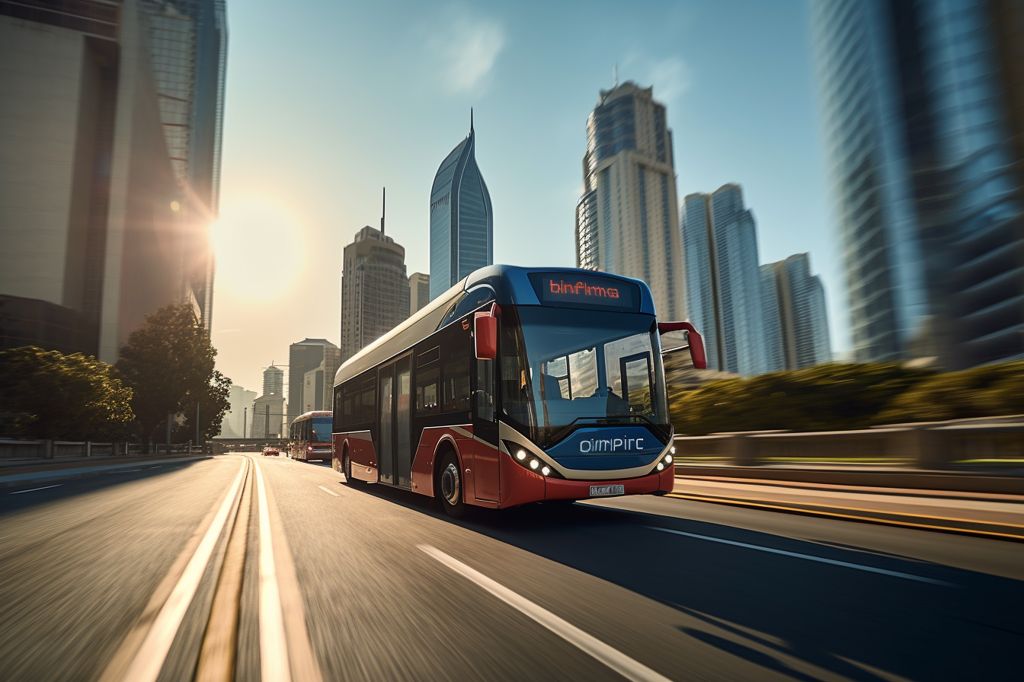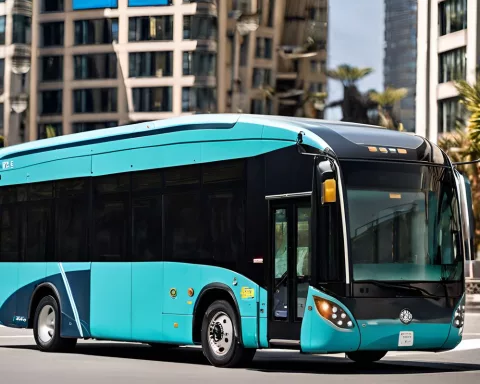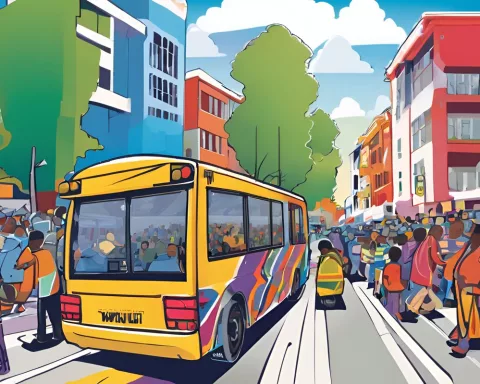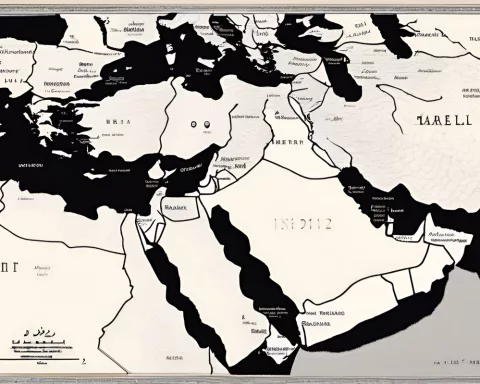Overview
Cape Town’s rail system is facing a crisis, leading to a 15-year public transport plan focusing on road-based transport. The plan aims to expand the MyCiTi bus service to address the growing reliance on road-based transport. The City has allocated a budget of R5.2 billion for the next three years to implement the plan, enabling it to apply for Public Transport Network Grant (PTNG) funding from the national government.
The Collapse of the Rail System
The Passenger Rail Agency South Africa (PRASA) runs the rail service. However, their management of the local Metrorail system has been inadequate, leading to the City’s unsuccessful attempts to take over its management. Consequently, most commuters rely on road-based transport, including MyCiTi buses, Dial-a-Ride services, minibus-taxis, and Quality Bus Services such as Golden Arrow. The City’s latest Comprehensive Integrated Transport Plan (CITP) shows that 58% of commuters use private vehicles, 22% use minibus-taxis, 9% use bus services, 2% use rail, and nearly 10% walk.
The Public Transport Plan
The plan aims to provide safe, reliable, efficient, and universally accessible public transport that redresses apartheid spatial planning and brings people closer to opportunities. According to Rob Quintas, Mayco Member for Urban Mobility, the City remains committed to the long-term financial sustainability of the MyCiTi and Dial-a-Ride services. MyCiTi tariffs have been increased due to fuel price hikes, and the City can modify them up to five times per year to ensure service sustainability.
Major Projects
Major projects are underway, including the MyCiTi south-east services connecting commuters from Mitchell’s Plain and Khayelitsha with Wynberg and Claremont. Known as Phase 2A, the R5.2 billion project is the largest-ever public transport infrastructure project in the Western Cape. Additionally, nearly R57 million is budgeted for a new MyCiTi station in Maitland, part of route extensions between Dunoon, Maitland, and Century City in the coming years. New stops in Khayelitsha are also planned.
Non-Motorized Transport
The plan includes a R455-million budget for non-motorized transport over the next three financial years. While the plan offers little detail on how this budget will be spent, non-motorized transport is part of the public transport integration plan. Roland Postma, Managing Director of the Young Urbanist and Active Mobility Forum, emphasized the importance of non-motorized transport in making the city more accessible, calling for more safe and protected pedestrian walkways and cycling lanes.
Integration and Ticketing
Efforts to integrate the minibus-taxi industry and implement an integrated ticketing system across different public transport modes continue. However, achieving this goal will take time, given Cape Town’s lack of a fully functional passenger rail service. Postma highlighted that an integrated single ticketing system is key to creating a reliable, safe, and accessible multi-use public transportation system, requiring cooperation from all spheres of government and the private sector.












